At the 2025 international conference with the theme “Internationalization in Higher Education Leadership and Management: Perspectives, Innovations and Practices” organized by the SEAMEO Regional Training Center in Vietnam in collaboration with the Alberta Association for International Education (ABIE), the British Columbia Council for International Education and the Canadian Association for International Education on October 8 and 9, experts said that technology is reshaping the entire higher education system and the skills required by the labor market.
It is expected that by 2030, about 90% of employers in Southeast Asia will adopt artificial intelligence, big data and advanced information processing technologies.
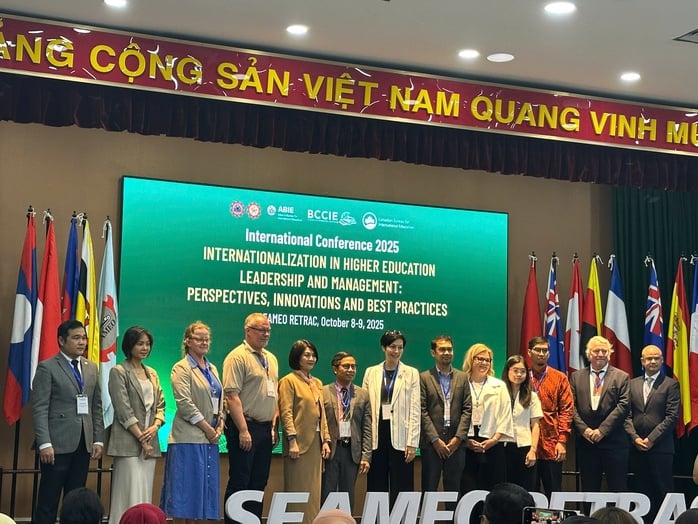
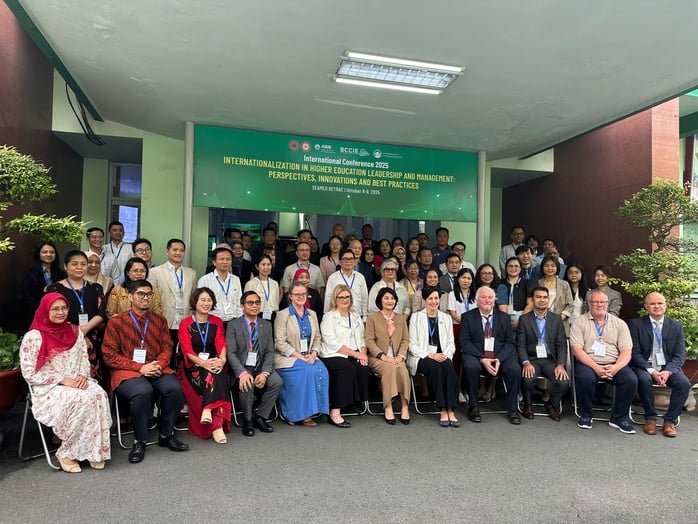
The conference attracted more than 70 delegates from higher education institutions in and outside Southeast Asia such as Canada, the US, Indonesia, Israel, Malaysia, Myanmar, Japan...
In his opening speech, Deputy Minister of Education and Training Nguyen Van Phuc said that in recent years, Vietnam has always considered the internationalization of higher education as an inevitable trend and one of the important solutions to improve quality. "We focus on promoting comprehensive international cooperation in training, scientific research, quality assurance; expanding cooperation with prestigious educational institutions; attracting investment and developing cross-border education models," Mr. Phuc emphasized.
According to the Deputy Minister of Education and Training, these efforts have brought about many positive results. Many international training cooperation programs have been implemented, the number of international scientific publications has increased sharply, and a number of Vietnamese universities have been ranked in the world's top 1,000, affirming the prestige and position of Vietnamese higher education.
However, the industry also faces challenges in ensuring quality and fairness, applying technology while still maintaining human values.
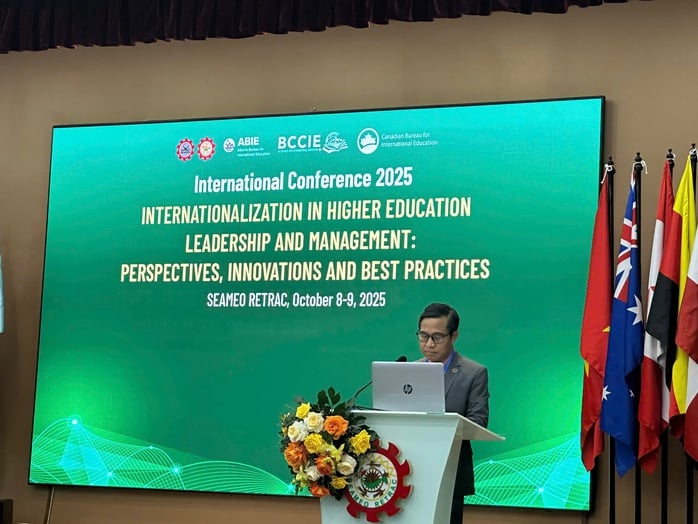
Mr. John Arnold Siena, Deputy Director of Programmes and Development - SEAMEO Secretariat, said that schools can prepare students for many new career paths through internationalization.
Mr. John Arnold Siena, Deputy Director of Programmes and Development - SEAMEO Secretariat, said that internationalization is a transformational force that helps enhance institutional capacity, improve training quality and promote understanding among countries in the Southeast Asian region. Schools can prepare students for many new career paths through internationalization.
“This changing landscape requires higher education institutions to evolve to meet the demands of the times. As student needs become increasingly complex and diverse, institutions need to respond not by shrinking inward but by expanding outward,” said John.
Delegates said internationalization is not only a goal but also a tool to help schools strengthen institutional capacity, innovate training programs and expand cross-border learning opportunities.
Vietnam's core orientation
The Ministry of Education and Training is focusing on implementing the following key orientations:
1. Promote university autonomy at the highest level, considering this the core foundation of innovation.
2. Restructuring the higher education system, overcoming fragmentation, improving operational efficiency and promoting the strengths of training institutions.
3. Implement the national target program on modernizing education and training, emphasizing digital transformation and application of new technologies.
4. Develop a university education governance model suitable to the context and development orientation of Vietnam.
Source: https://nld.com.vn/cong-nghe-dang-dinh-hinh-lai-toan-bo-he-thong-giao-duc-dai-hoc-196251008141537668.htm


![[Photo] Closing of the 13th Conference of the 13th Party Central Committee](https://vphoto.vietnam.vn/thumb/1200x675/vietnam/resource/IMAGE/2025/10/08/1759893763535_ndo_br_a3-bnd-2504-jpg.webp)

![[Photo] Prime Minister Pham Minh Chinh inspects and directs the work of overcoming the consequences of floods after the storm in Thai Nguyen](https://vphoto.vietnam.vn/thumb/1200x675/vietnam/resource/IMAGE/2025/10/08/1759930075451_dsc-9441-jpg.webp)






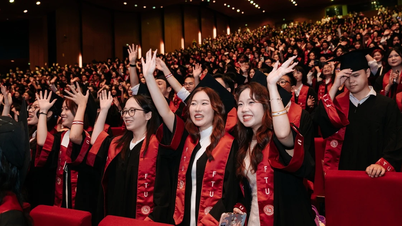



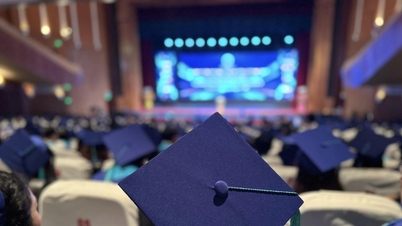

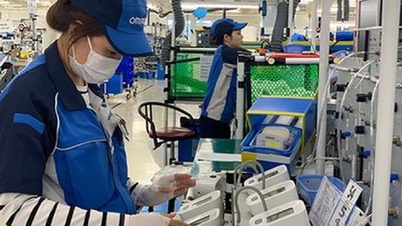

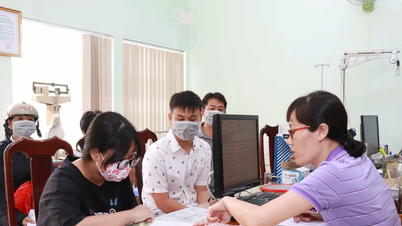

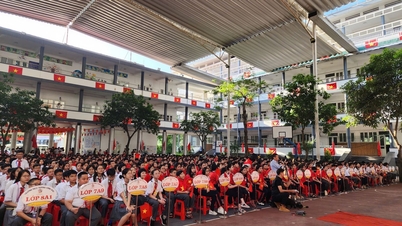



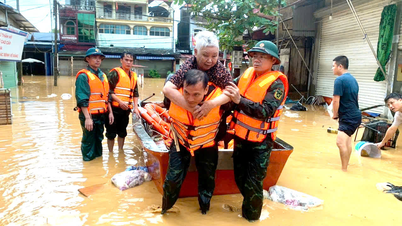







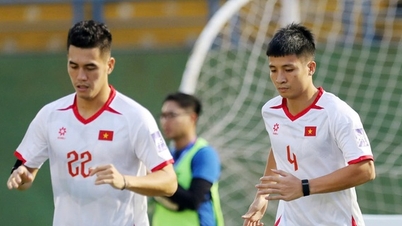
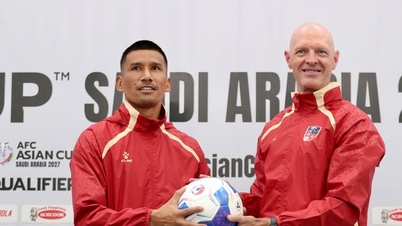






























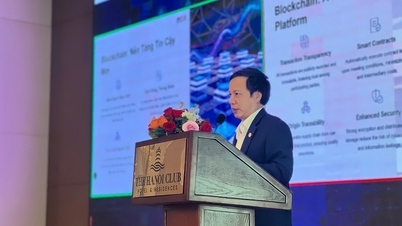







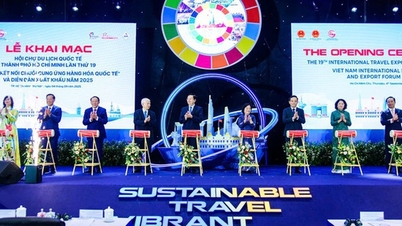





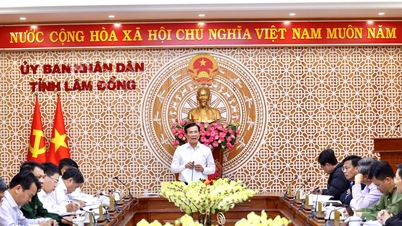



















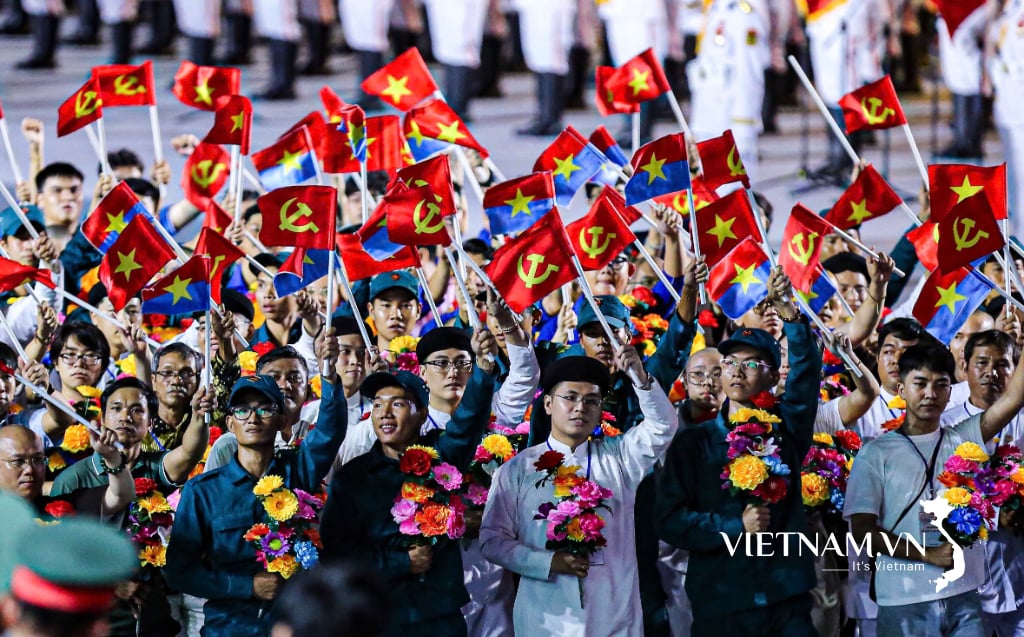
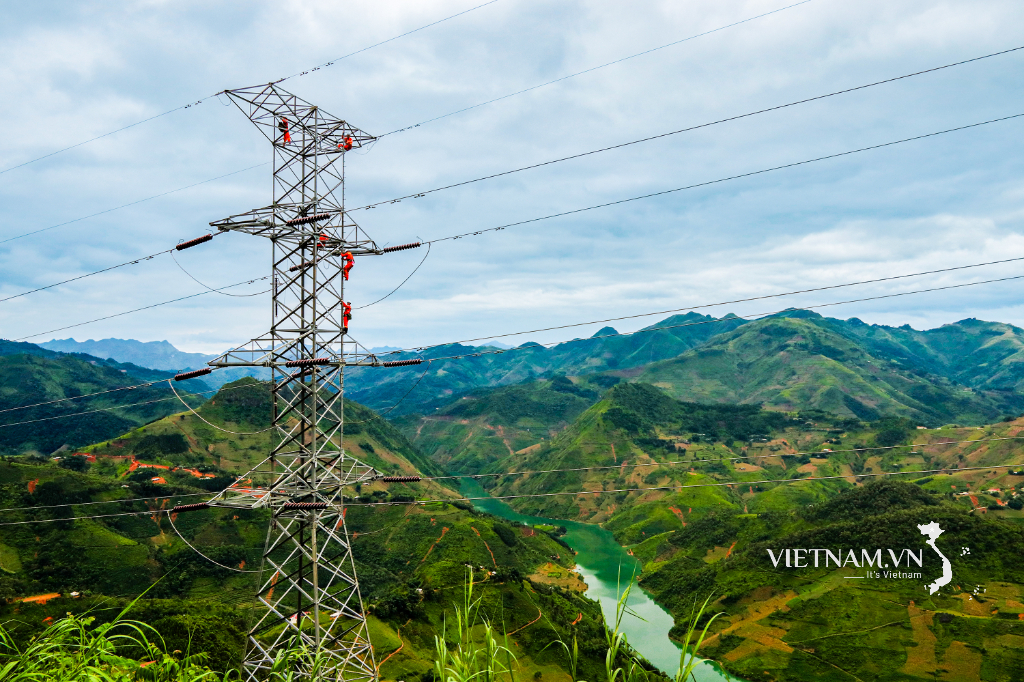

Comment (0)